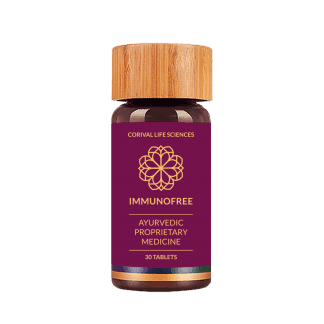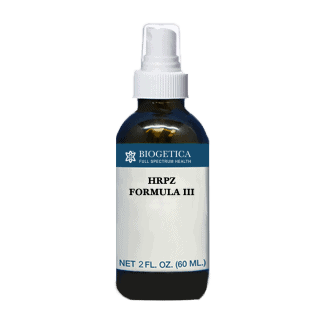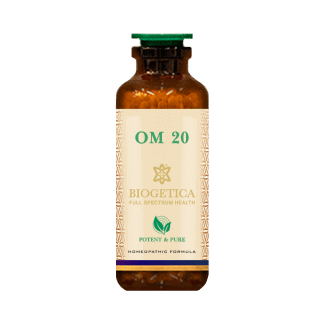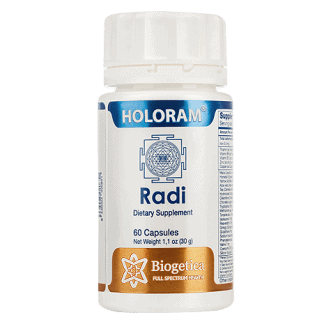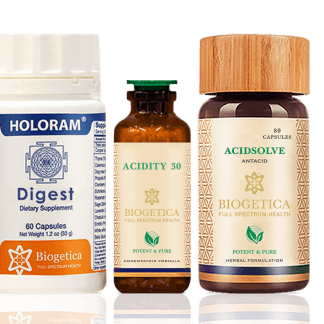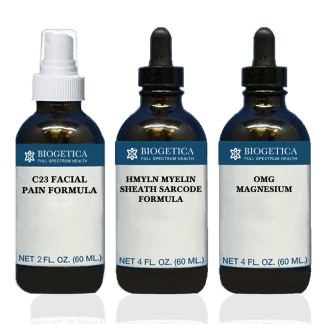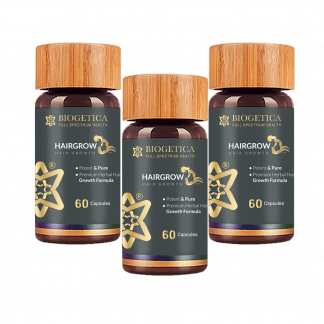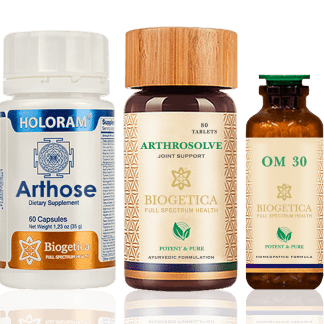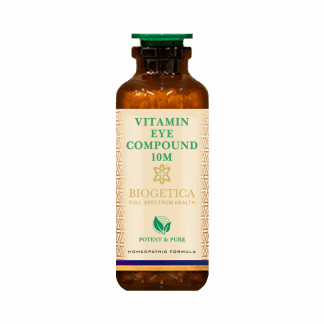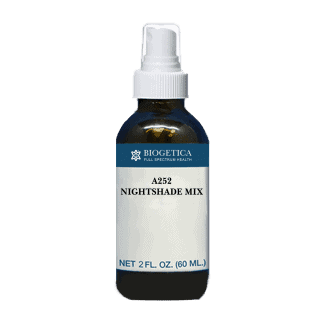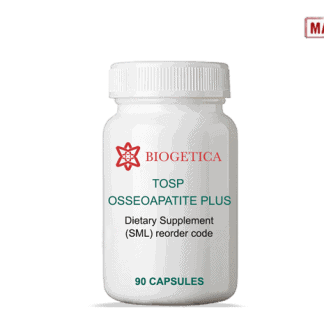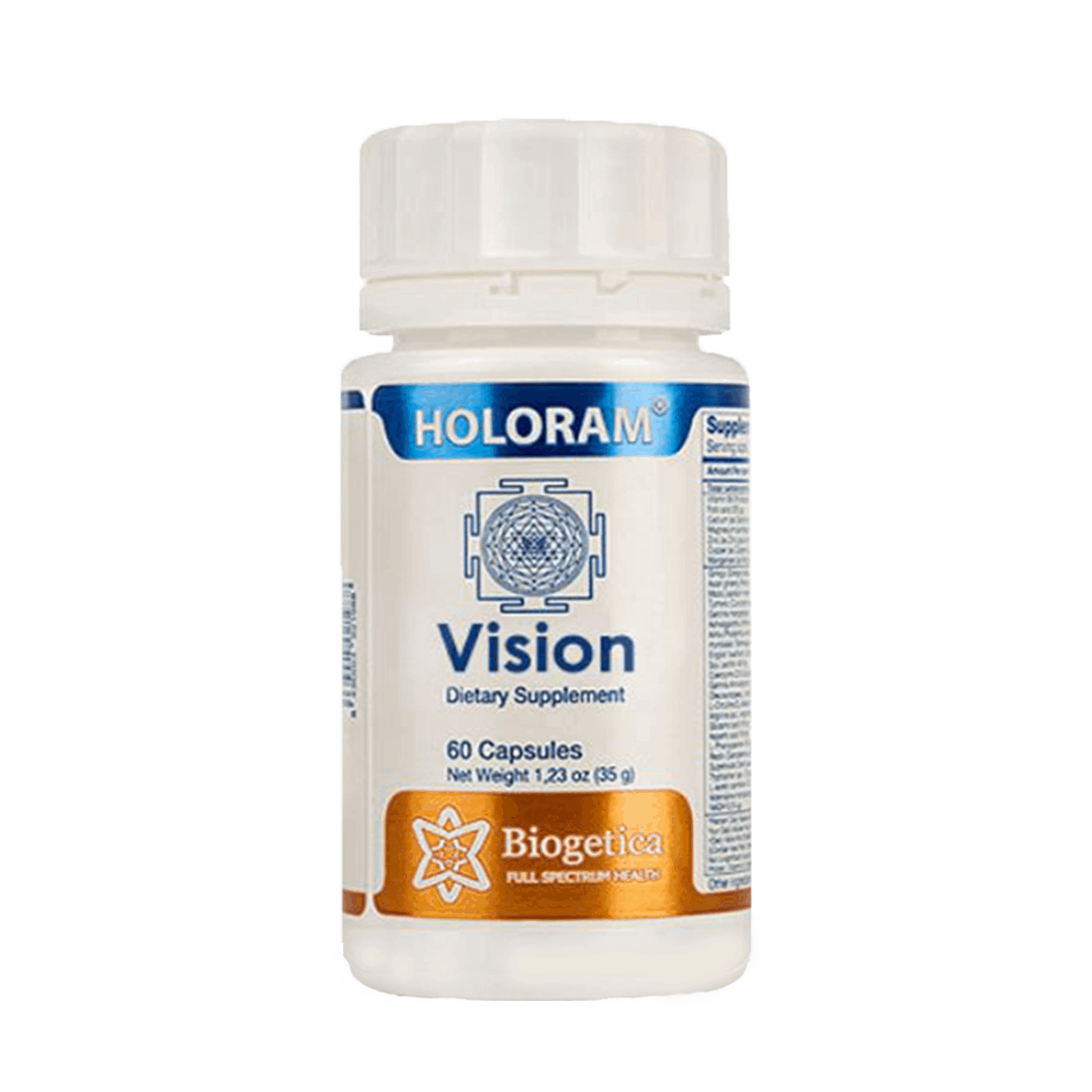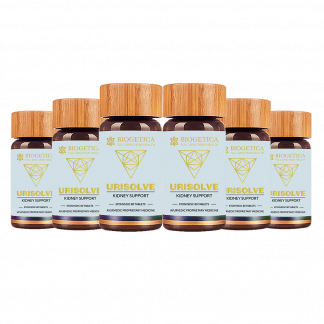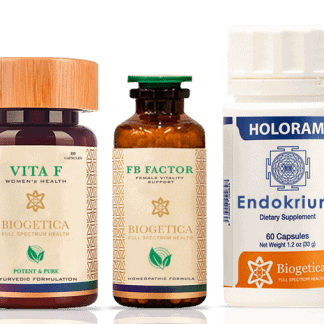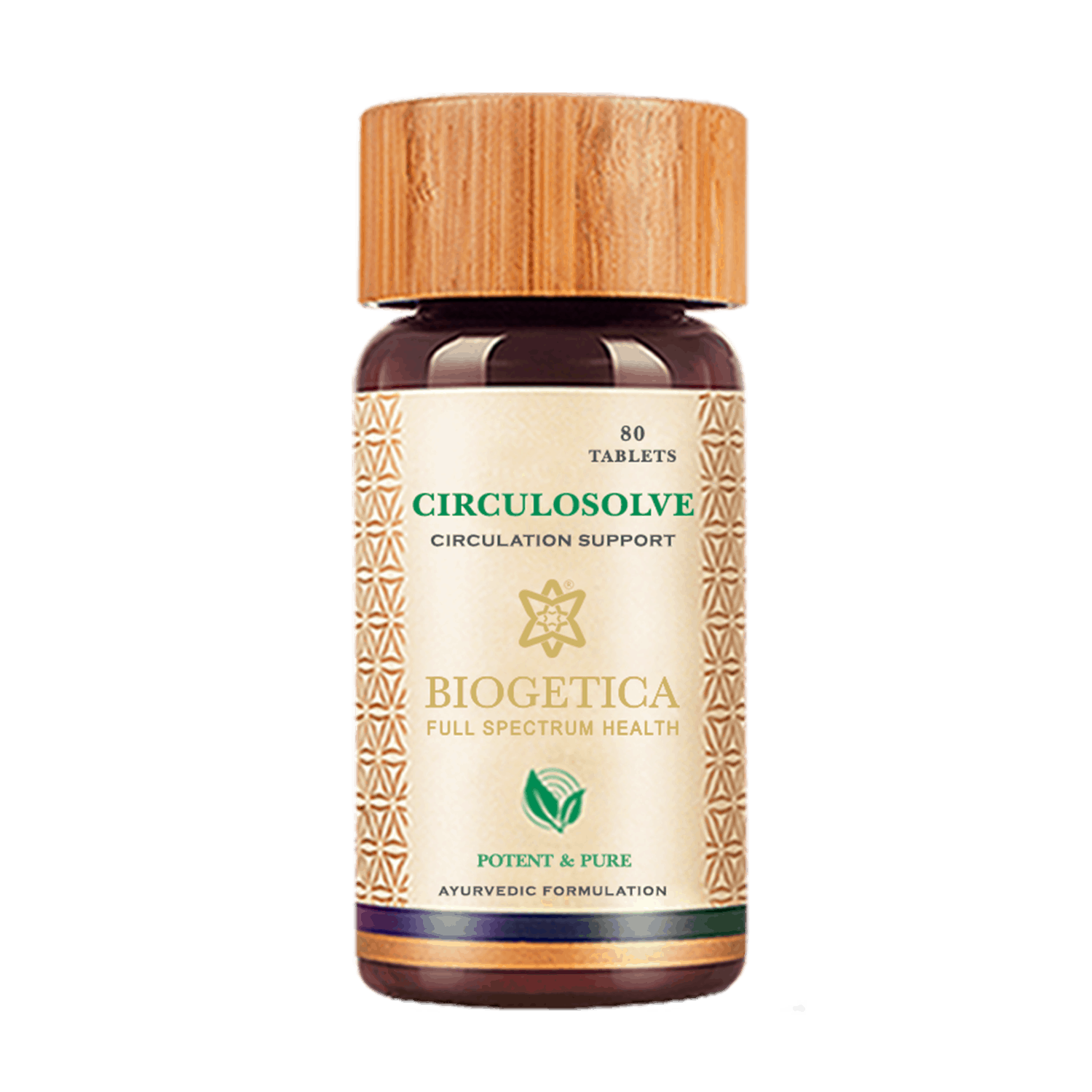
₹699.00
 90 Day money back guarantee 100% NATURAL
90 Day money back guarantee 100% NATURAL
CIRCULOSOLVE
CIRCULOSOLVE consists of a combination of Asian herbs that are traditionally believed to support the structure and function of the cardio vascular system. ** ...Read More
₹699.00
100% NATURAL
90 GARANTÍA DE DEVOLUCIN DE DINERO POR DÍA
CIRCULOSOLVE
Circulatory Support
This combination of plant extracts is believed to increase the blood flow into the heart. They potentially help stabilize the heart’s contraction and blood pressure when taken regularly. Circulosolve potentially offers the best protection for our heart and provides a natural alternative to long-term drug therapy without undesirable effects. Circulosolve is traditionally believed to work on:
• Improving circulation and nutrition to the heart and the coronary blood vessels.
• Relieving stress and fatigue.
• Scraping cholesterol deposits in the arteries.
• Reducing the formation of blood clots.
• Exerting diuretic action and reducing the edema of the body.
• Relieving pulmonary congestion and reducing breathlessness.
CIRCULOSOLVE
Each tablet contains extract of:
- Guggul (Commiphora mukul) 80 mg
- Arjuna (Terminalia arjuna) bark 80 mg
- Shigru Ghan (Moringa oleifera) extracts 80 mg
- Haowthorn Ghan (Crataegus oxyacantha) root 80 mg
- Gandira (Coleus forskohlii) root 80 mg
- Punarnava Ghan (Boerhavia diffusa) herb 80 mg
- Paribhadra (Erythrina indica) 25 mg
- Arjuna Ghan (Terminalia arjuna) 25 mg
- Shilajit (Asphaltum)25 mg
- Haritaki Ghan (Terminalia chebula) 25 mg
- Pippali Ghan (Piper longum) fruit 5 mg
Research Studies on Ingredients of Circulosolve
- Guggul (Commiphora mukul) 80 mg:
Features: Comprises lipid-lowering guggulsterones.
Benefits: Promotes healthy cholesterol and could enhance cardiovascular well-being[1]. - Arjuna (Terminalia arjuna) bark 80 mg:
Features: Abundant in coenzyme Q10 and antioxidants.
Benefits: Historically favored for heart conditions; it bolsters heart muscles and ensures stable blood pressure[2]. - Shigru Ghan (Moringa oleifera) extracts 80 mg:
Features: Enriched with vital nutrients, antioxidants, and compounds with anti-inflammatory effects.
Benefits: Fortifies heart health and might assist in regulating blood pressure[3]. - Hawthorn Ghan (Crataegus oxyacantha) root 80 mg:
Features: Packed with flavonoids and oligomeric proanthocyanidins.
Benefits: Recognized for enhancing cardiac performance and aiding in issues such as congestive heart failure[4]. - Gandira (Coleus forskohlii) root 80 mg:
Features: A primary source of forskolin which encourages cyclic AMP production.
Benefits: Facilitates arterial and smooth muscle relaxation, possibly leading to decreased blood pressure[5]. - Punarnava Ghan (Boerhavia diffusa) herb 80 mg:
Features: Encompasses powerful compounds, including punarnavoside.
Benefits: Esteemed in Ayurveda for promoting heart vitality and its diuretic properties that may stabilize blood pressure[6]. - Paribhadra (Erythrina indica) 25 mg:
Features: Laden with a variety of alkaloids.
Benefits: Cardiovascular benefits are inferred from traditional practices, even though specific research may be sparse. - Arjuna Ghan (Terminalia arjuna) 25 mg:
Features: Filled with coenzyme Q10 and antioxidants, as stated earlier.
Benefits: Augments the strength of heart muscles and buttresses heart health[2]. - Shilajit (Asphaltum) 25mg:
Features: Comprises fulvic acid and a spectrum of minerals.
Benefits: Celebrated for invigorating and reenergizing the system, with a focus on cardiac functionality[7]. - Haritaki Ghan (Terminalia chebula) 25 mg:
Features: Infused with tannins, flavonoids, and ellagic acid.
Benefits: In Ayurvedic traditions, it’s harnessed to bolster cardiac wellness and potentially harmonize blood pressure. - Pippali Ghan (Piper longum) fruit 5 mg:
Features: Enriched with piperine among other alkaloids.
Benefits: Conventionally revered for lung and respiratory rejuvenation, with an added emphasis on heart-related advantages.
References:
- Nityanand, S., et al. (1989). Clinical trials with gugulipid. A new hypolipidaemic agent. The Journal of the Association of Physicians of India.
- Bharani, A., et al. (2002). Salutary effect of Terminalia Arjuna in patients with severe refractory heart failure. International Journal of Cardiology.
- Anwar, F., et al. (2007). Moringa oleifera: A food plant with multiple medicinal uses. Phytotherapy Research.
- Pittler, M.H., et al. (2008). Hawthorn extract for treating chronic heart failure. Cochrane Database of Systematic Reviews.
- Seamon, K.B., et al. (1981). Forskolin: Its biological and chemical properties. Advances in cyclic nucleotide and protein phosphorylation research.
- Rawat, A.K., et al. (2006). Phytochemical evaluation and antioxidant activity of Boerhavia diffusa and Ocimum sanctum. Journal of Basic and Clinical Pharmacy.
- Ghosal, S. (1990). Shilajit in Perspective. Omega Scientific.














